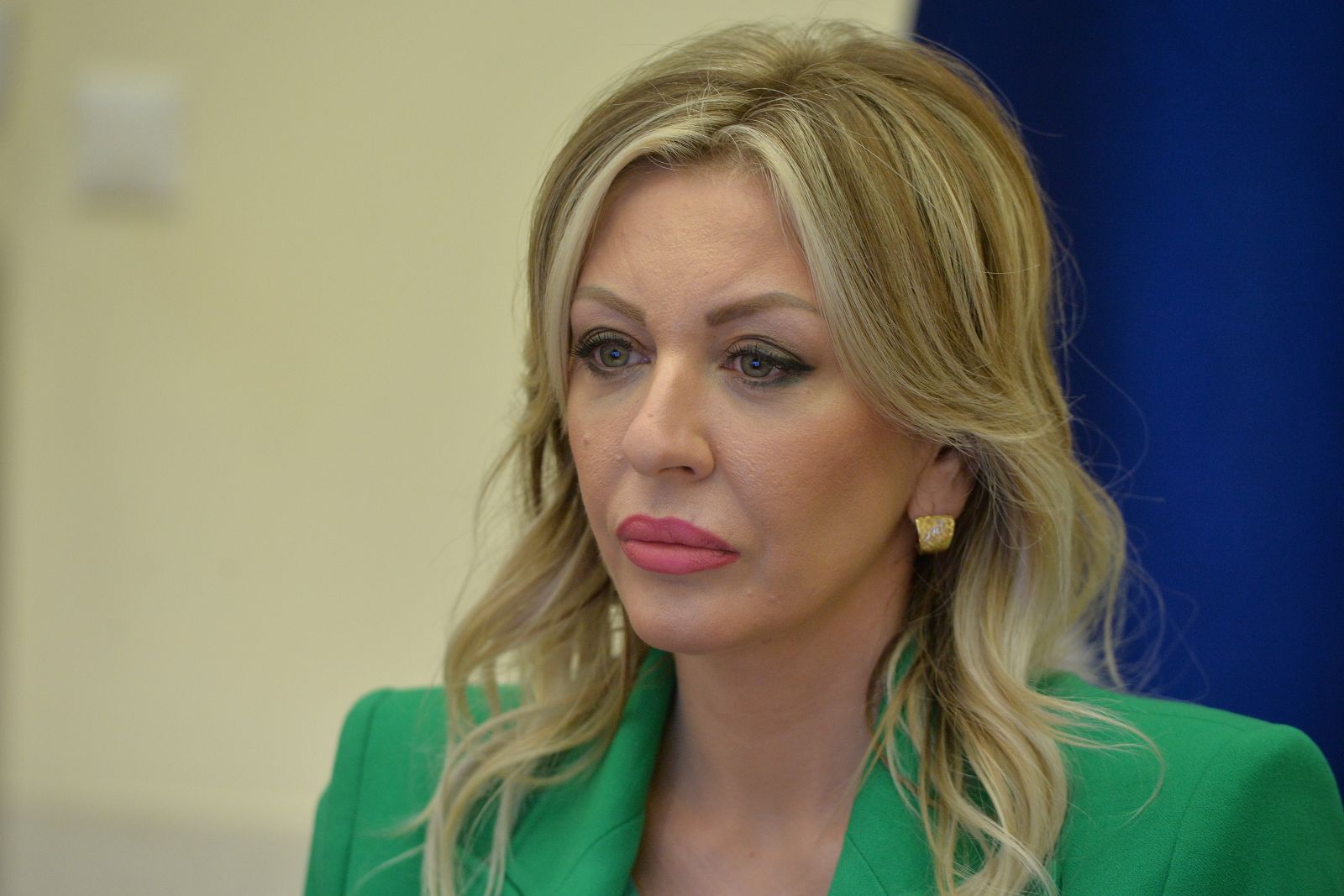
Cluster 1 and cluster 5 in negotiations with the EU should be the focus of local self-governments, as stated today by Minister of European Integration Jadranka Joksimović, who has stressed that, in addition to public administration reform, the transition to the cohesion policy is vital in the accession negotiations.
Namely, Joksimović has attended an online conference organised on the occasion of the European Day of Local Self-government, where the Cooperation Agreement was signed between the SCTM and the European Affairs Fund of the AP Vojvodina.
She has stressed that European integration and the accession process are processes for the entire society and that they include all levels of government.
Explaining that clusters 1 and 5 are important for local self-government, Joksimović has recalled that cluster 1 includes public administration reform, in addition to the general part concerning the rule of law, statistics, public procurement and financial provisions, while cluster 5 covers resources, cohesion and agriculture.
She believes that what is important in addition to public administration reform is the cohesion policy and Serbia’s preparation for transition to the cohesion policy once it becomes a member, and currently for the use of pre-accession funds available during the accession process.
“Cluster 5 and cluster 1 are a dominant focus of local self-governments also through recognising the National Convention and the Standing Conference of Towns and Municipalities as not only advisors but also active participants in this process”, said Joksimović.
As regards the cohesion policy, Joksimović has said that the Ministry of European Integration is responsible for the preparation of chapter 22 on regional policy and coordination of structural instruments, which is covered by cluster 5.
Joksimović has added that the action plan has already been sent to the European Commission, which has given its comments.
“We have accelerated our pace in the preparation of chapter 22 within cluster 5, where participation of local self-governments is important, particularly in terms of regional development instruments which create a network for resource mapping, which is also part of cluster 5, as well as the preparation for the use of pre-accession funds”, stressed the Minister.
According to her, participation of local self-governments in cross-border cooperation programmes is also vital.
Joksimović has recalled that Serbia has such cooperation with seven countries, both candidates and member states, adding that they include Bulgaria, Croatia, Romania, North Macedonia, Montenegro and Bosnia and Herzegovina.
“Around 60% of border local self-governments in Serbia have already used cross-border cooperation programmes”, said Joksimović, noting that significant capacities have been built at the local self-government level, but that they need to be strengthened further.
According to her, the financial perspective for the period 2021–2027 (IPA 3) is under preparation, while the EU is completing the new legal framework for the cohesion policy.
“We will follow the changes so that we would get aligned on time, and what is very important is that local self-governments are actively involved in this process and follow the changes”, noted Joksimović adding that the main component in all cross-border cooperation programmes is the Green Agenda and projects concerning environmental protection.
According to her, this is important to stress because, in this way, Serbia is also carrying out another task within the European integration, and that is fair transition towards a sustainable green economy.
The Conference was also attended by Head of the EU Delegation to Serbia Sem Fabrizi, who noted that one of the key principles of the Union is that it does undertake or do anything instead of the regions and local self-governments, expect in order to make a given activity more effective.
“The EU will not do anything unless local or regional levels cannot fully do it themselves”, said Fabrizi, adding that the EU offers additional mechanisms and instruments for the implementation of programmes, helps the regions in decision making and strengthens national regional parliaments.
“The EU legislation truly deals with the lives of people and must be implemented at the local level, where people live”, said Fabrizi.
The Head of the EU Delegation has also stressed the importance of the implementation of the Green Agenda. He has added that the roles of the public administration and civil society are very important in the accession process.
Source: Tanjug









